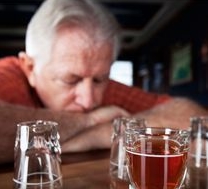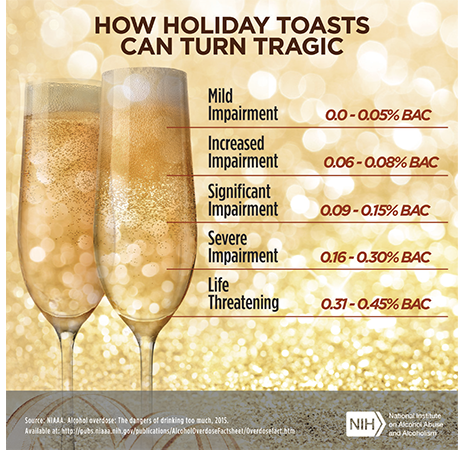STUDY SHOWS BINGE DRINKING & ALCOHOL ABUSE RISING IN PEOPLE OVER 50
An alarming increase in unhealthy alcohol use and binge drinking is occurring among adults age 50 and older, according to a new study conducted by New York University. The increase is particularly troubling given the negative impact alcohol can have on chronic disease management and risk of injuries prevalent in this age group.
“Older adults have particular vulnerabilities to alcohol due to physiological changes during aging, including increasing chronic disease burden and medication use,” Benjamin Han, MD, MPH at NYU Langone Medical Center, recently told sciencedaily.com. Han’s study also found a greater increase in binge alcohol use and alcohol use disorder in women in the nationally representative sample from 2005-2014.
“As females age, they tend to experience a larger impact of physiological changes in lean body mass compared to men,” said Dr. Han. “Thus, they may experience the adverse effects associated with consuming alcohol even in lower amounts. Health care providers need to be made aware of this increasing trend and ensure that screening for unhealthy alcohol use is part of regular medical care for this population.”
The public health concerns raised by this research are highest for older adults who reported fair to poor health and/or multiple chronic conditions. In response to these concerns in Houston, The Council on Recovery has prevention, education, and treatment programs that address alcohol and substance abuse in people over 50. As the oldest and largest non-profit organization providing such services in the Greater Houston area, The Council has been the starting point for Baby Boomers needing help for many years. The Council can be reached at 855.942-4100.
Note: An abstract of the study, “Demographic trends of binge alcohol use and alcohol use disorders among older adults in the United States, 2005–2014” published in the journal Drug and Alcohol Dependence can be found at http://dx.doi.org/10.1016/j.drugalcdep.2016.11.003



